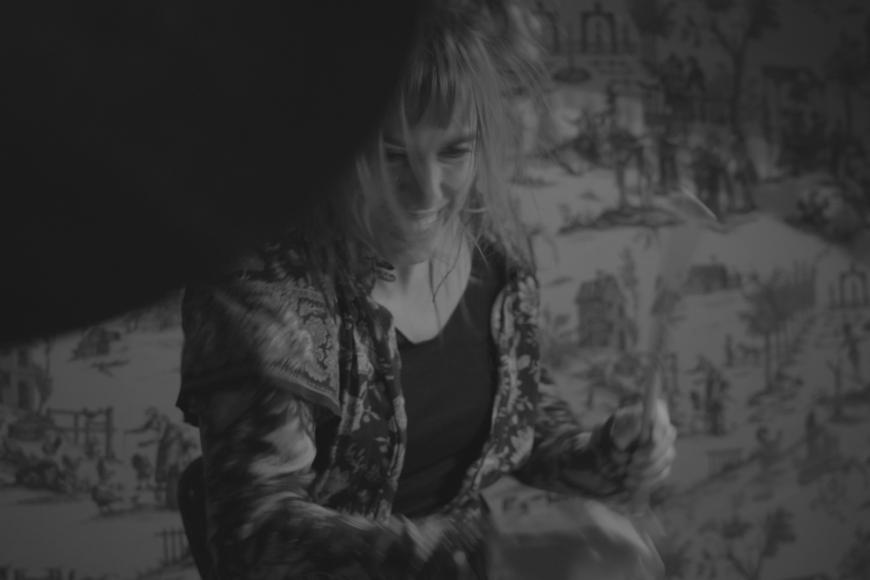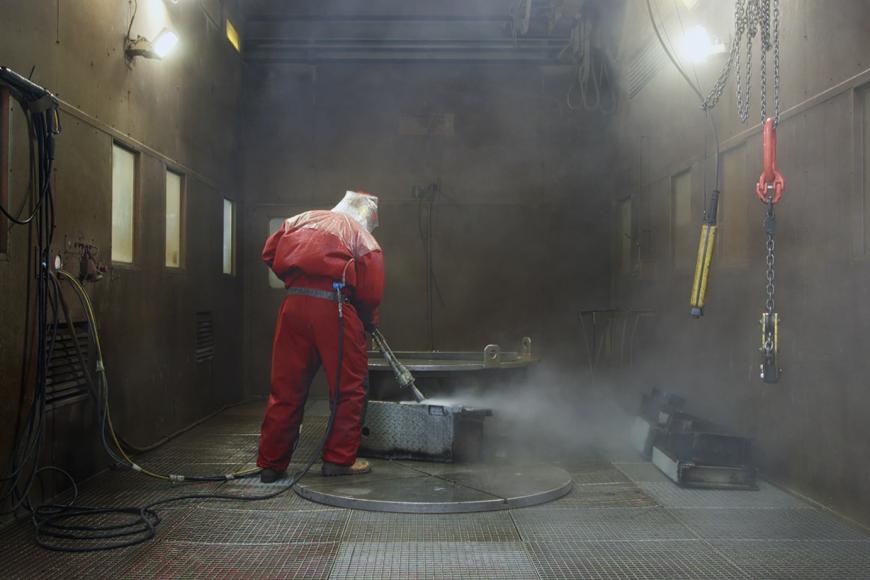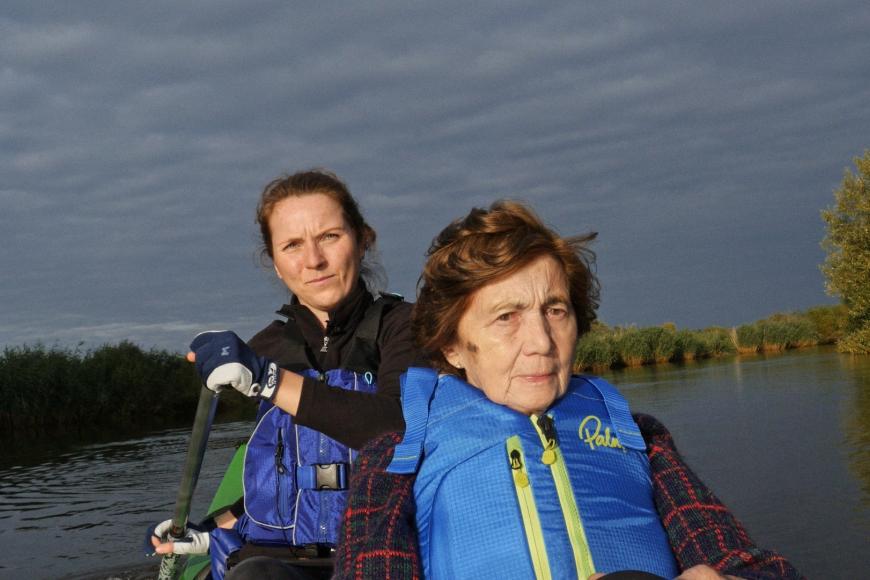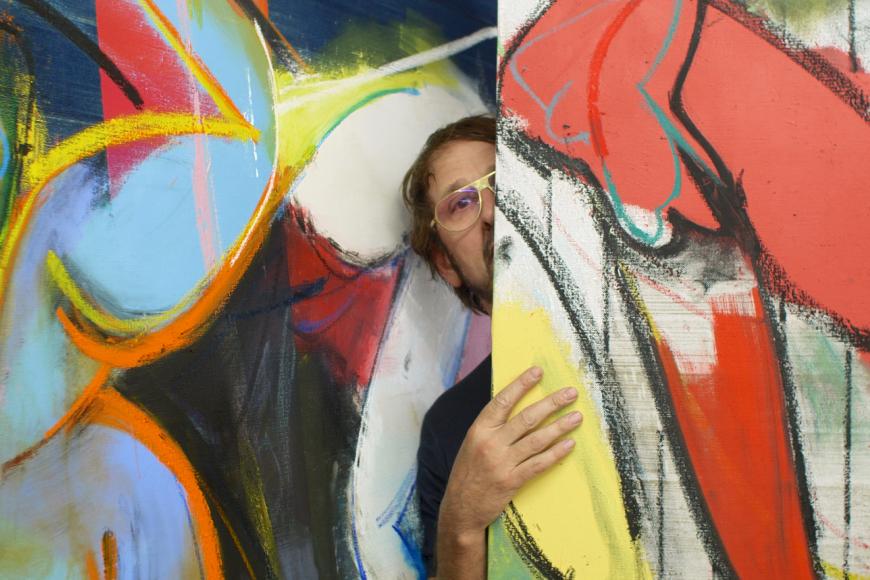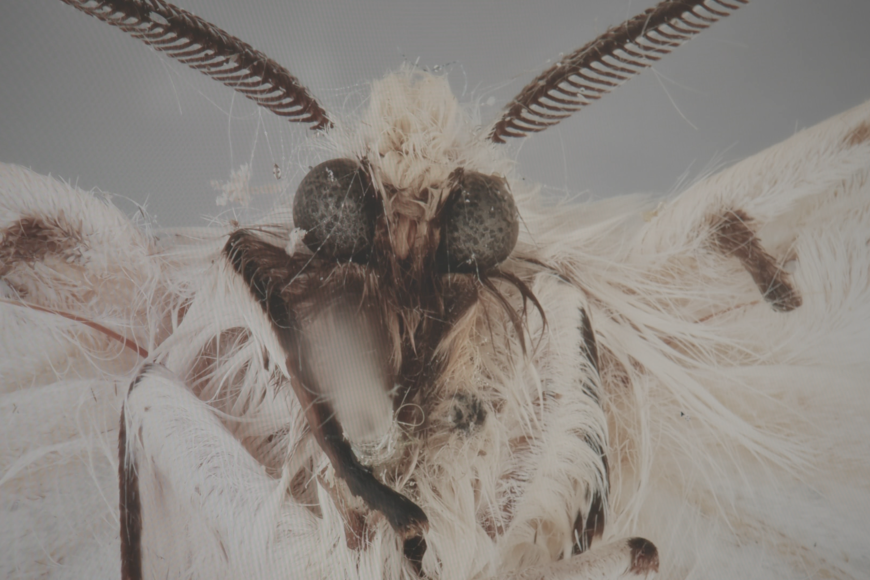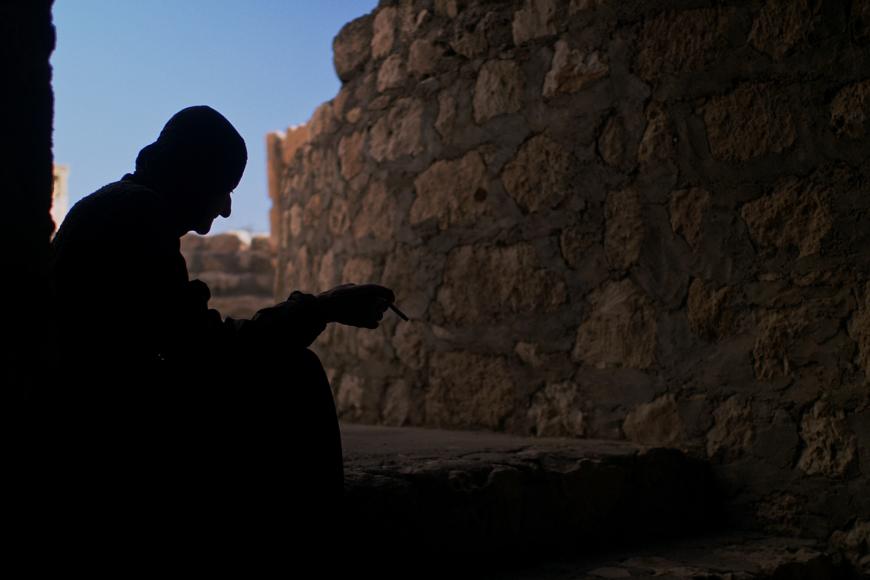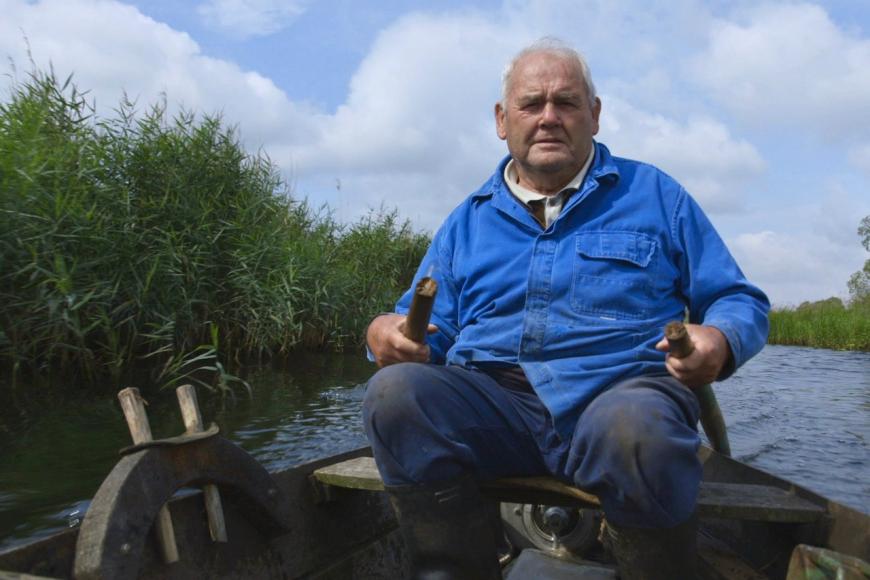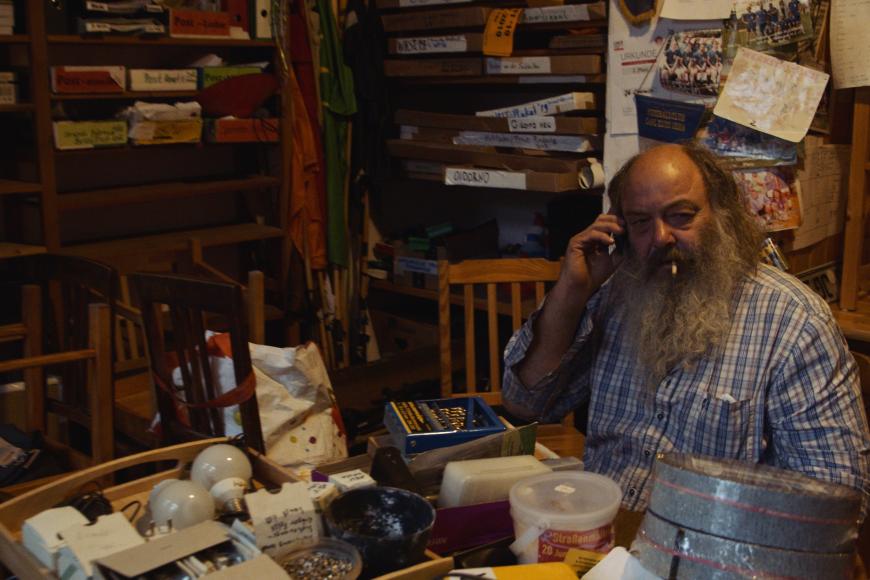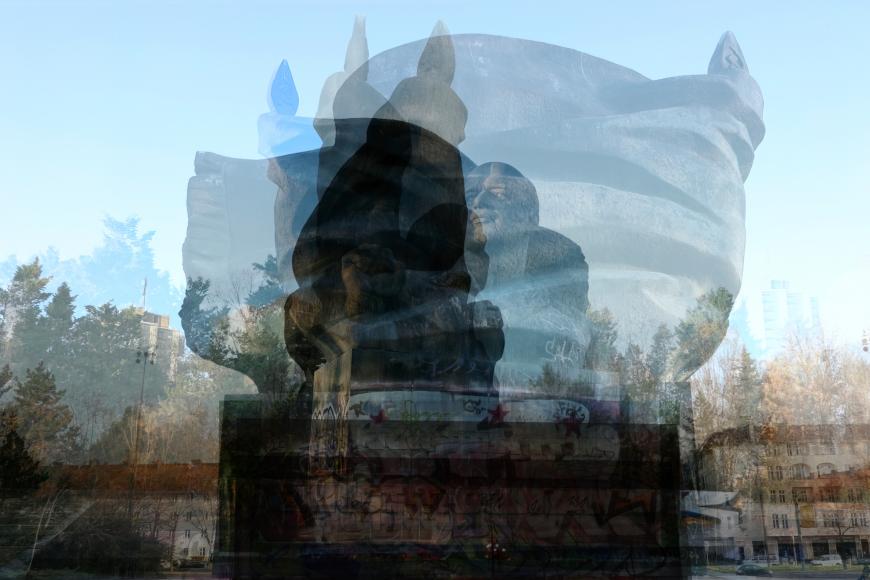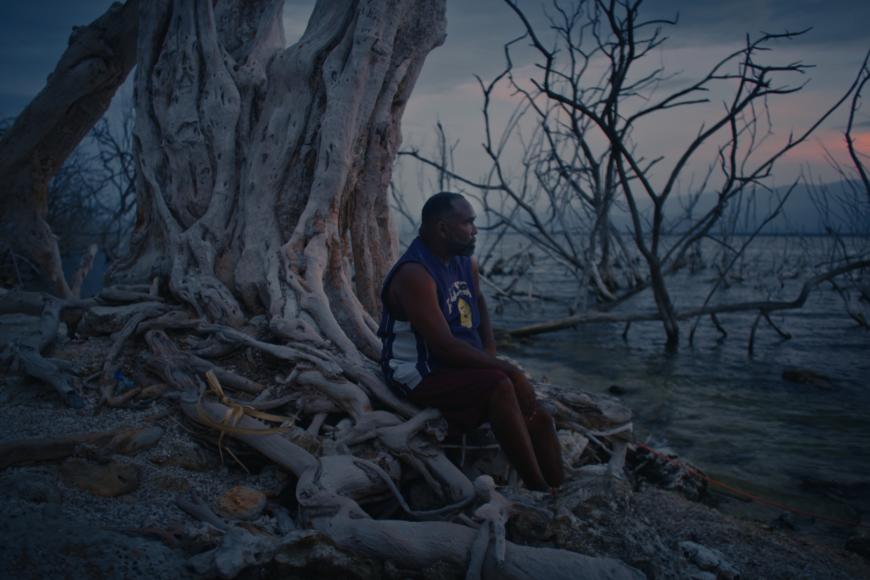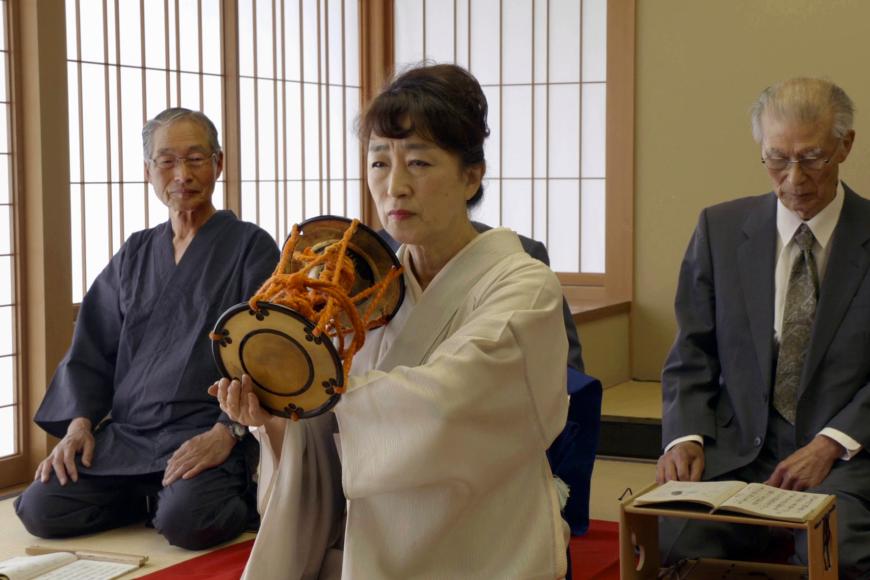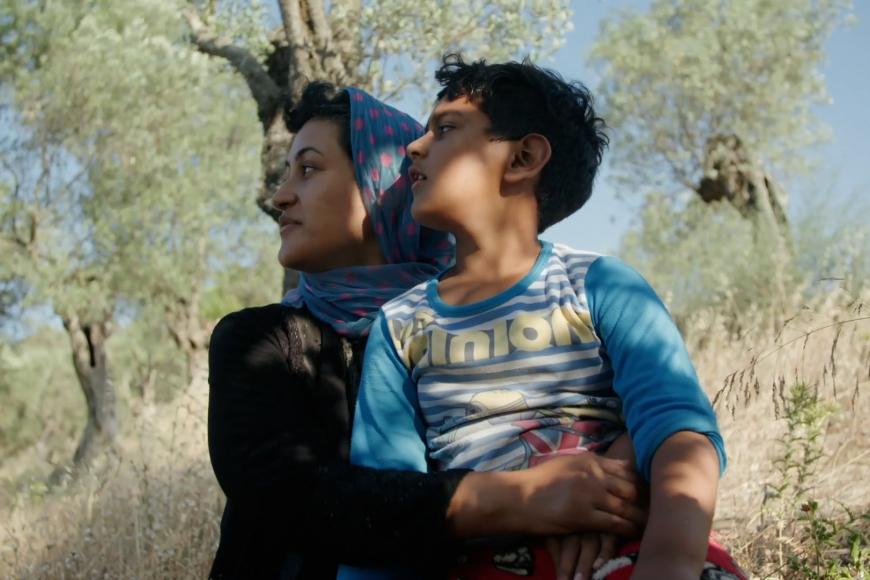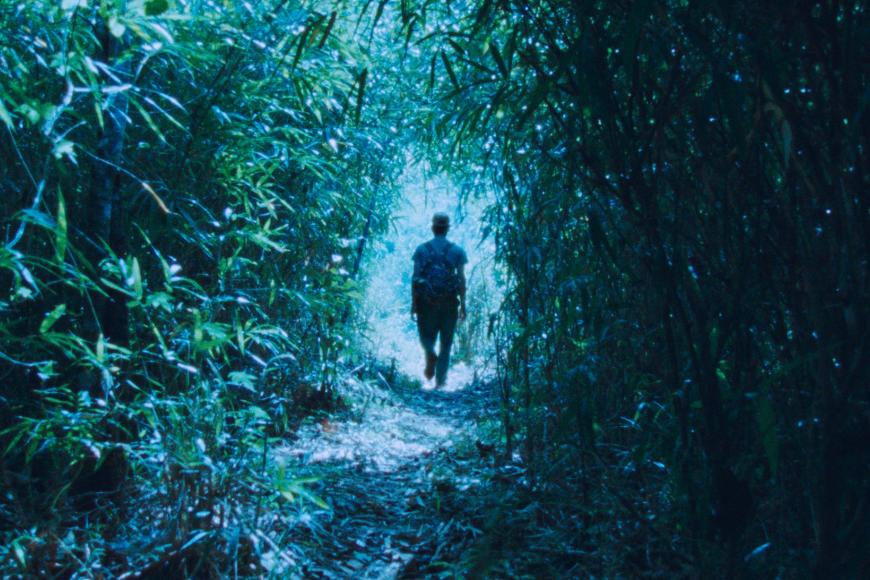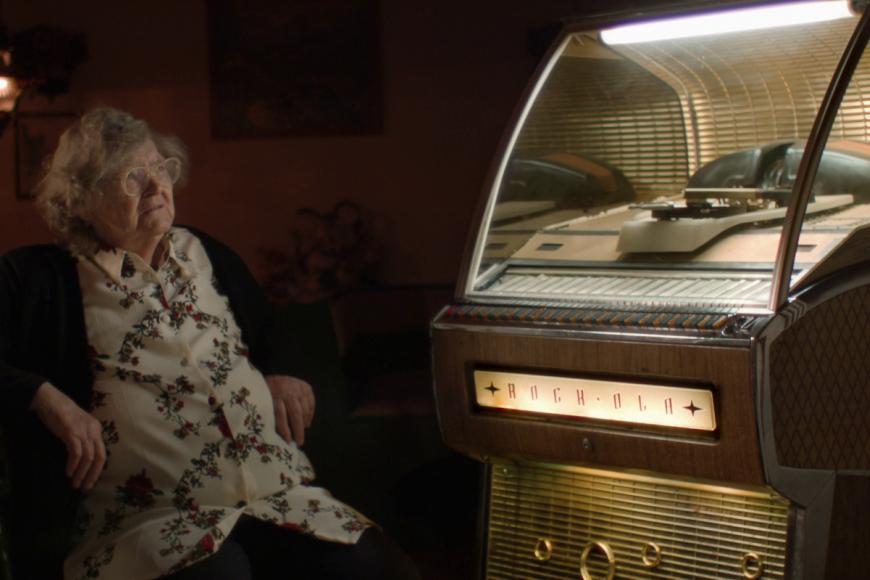
80.000 Schnitzels
Grandma Berta’s beloved “Zollhaus” is on the verge of ruin. She has dedicated her whole life to this inn and farm. Now her granddaughter Monika, the filmmaker’s sister, is to take over the heavily indebted family farm in the Upper Palatinate. What makes Monika decide to give up her previous plans and move to the countryside to live with her grandmother? The director decides to follow her sister for one year during this apparent labour of Sisyphus.

